Jaguar Land Rover's new engine production plant in Wolverhampton is to double in size, the company has revealed.
The decision has been made off the back of "global demand for current and future models", and will create hundreds of new jobs. The new jobs at the plant will help boost JLR's workforce to 40,000 next year, as JLR boss Ralf Speth revealed to Autocar last week.
The facility in Wolverhampton currently builds JLR's Ingenium diesel engines, engines which are or will be found in the Jaguar XE, Jaguar XF and F-Pace, the Land Rover Discovery Sport and the Range Rover Evoque. The Ingenium family is modular in size, and will also grow to include petrol variants, supplying all three of JLR's production plants.
The plant, which has so far built 50,000 engines, employs around 700 people at present, with further recruitment onging. The plant's size will grow to 200,000 square metres following the expansion, and investment in it now stands at £1 billion, which JLR says makes the plant the most significant automotive facility built in Britain in the past decade.
"This latest news from the UK’s leading manufacturing investor is a clear signal of the company’s long-term commitment to Britain," read a JLR statement.
JLR has also revealed that it is expected to post lower profits than its £2.61bn pre-tax profit in 2014/15 due to major investments and the loss of hundreds of cars following the blast at the Tianjin port earlier this year.

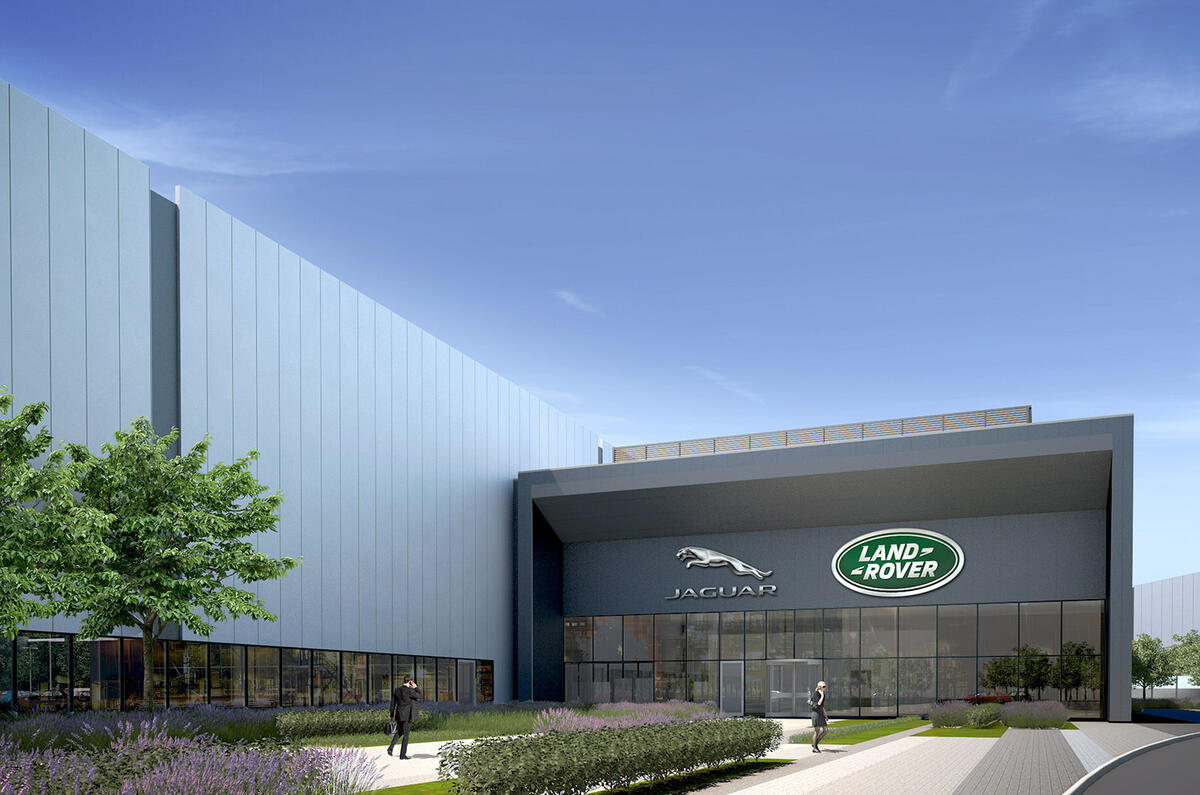
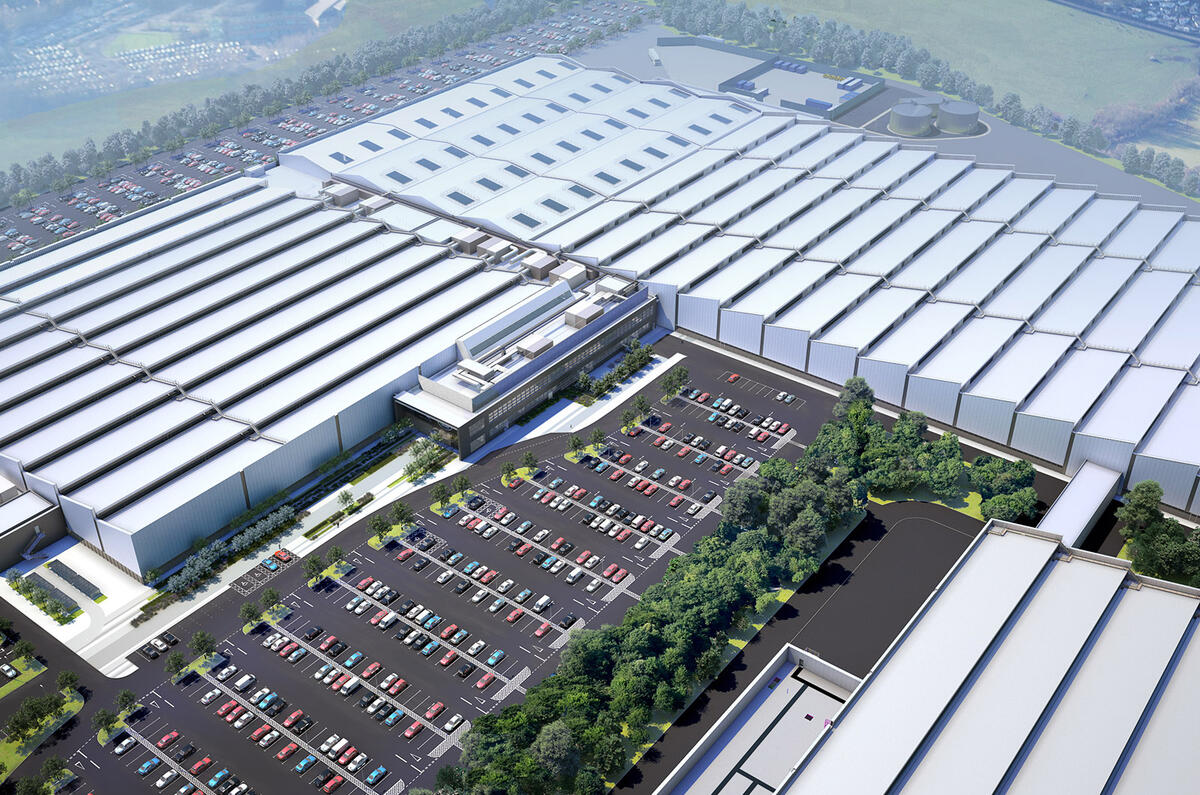
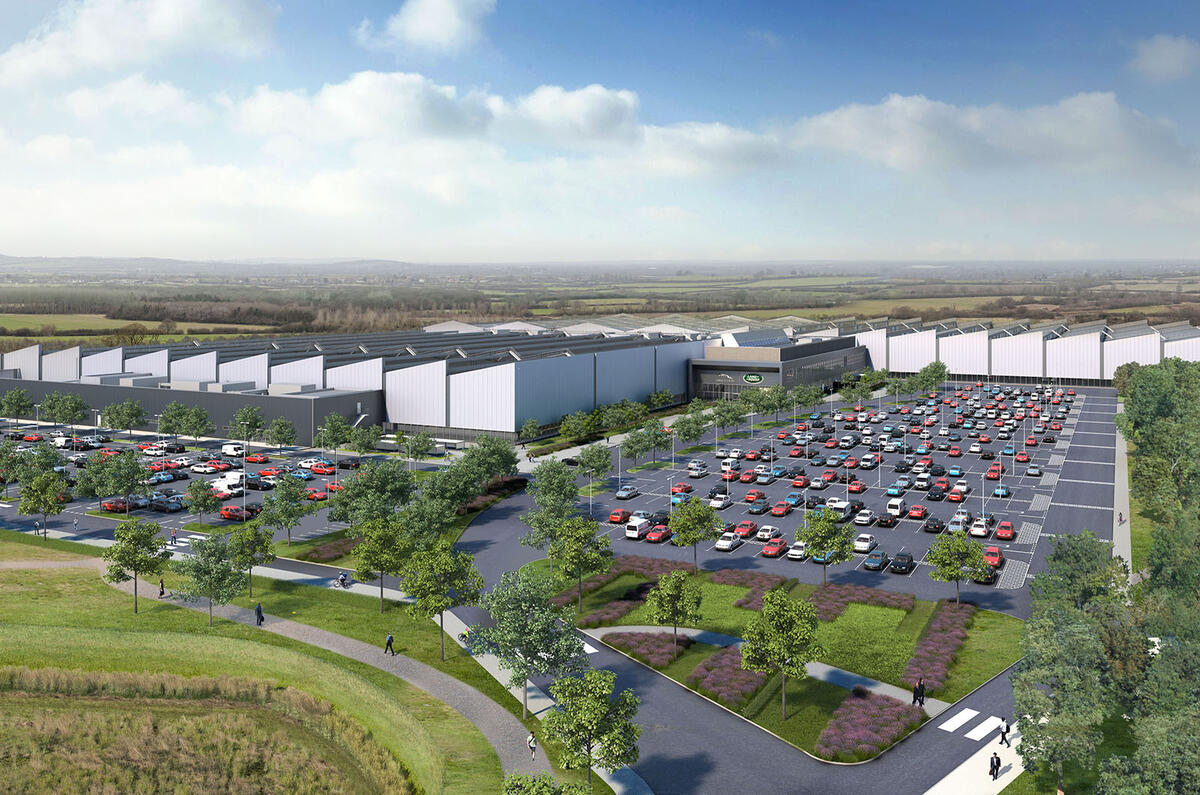
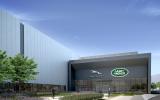
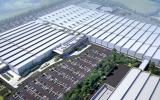








Join the debate
Add your comment
A nice story, but the
It's not as if they were taken by surprise by strong sales and forced to expand production!
700
xxxx wrote: What is
From what I have been led to believe, it doesnt actually produce the engines it merely sticks them together from parts that are shipped in, but even then its impressive for any company, never mind one that was on the verge of bankruptcy not so long ago, and I also believe Ford should be given a massive pat on the back for its initial investment when it bought JLR, and also ensuring they sold it to someone with the ambition to see the potential and who had the financial clout to actually achieve it, the same could be said about all the former PAG manufacturers who are now thriving, JLR, Aston Martin and Volvo.
Perhaps Autocar could do an article to remind us of the whole story. It also shows what could have been had GM been successful in finding the right investment and buyer for Saab, instead they allowed its demise.